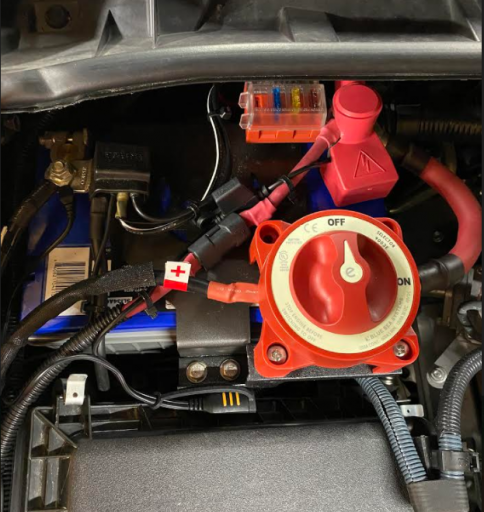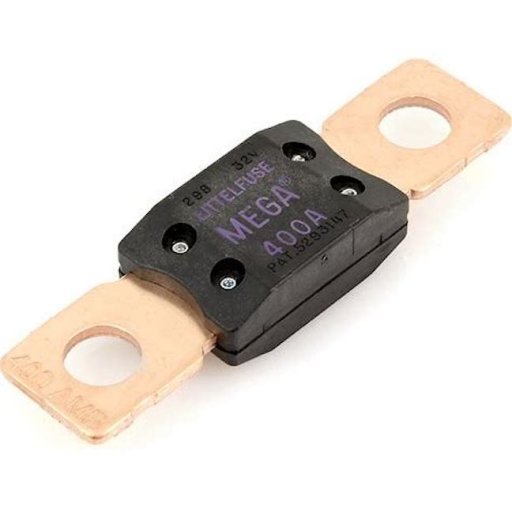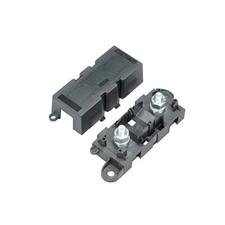Winch manufacturers do not include a fuse or switch and most advise to wire straight to the battery. This is also not about the winch failing due to poor maintenance. The point being made here is that wiring a winch directly to the battery is inherently unsafe in the case of an accident or a wire being worn/cut through due to a poor installation job. Every electrical connection should be fused as close to the battery as possible. In the case of a winch the current draw is such that a battery cut off switch (or relay) may be a better option, especially for a larger winch. The members in this thread who have wired in a cut off switch or some other mechanism are protecting the wire (not the winch itself). The wire used to provide the power to a winch can easily catch things on fire or cause the battery to explode if shorted.
-Curtiss
I've never seen unfused or breakered front winch that is wired correctly catch fire when used how it is supposed to be used.
If you are holding the button down winching in hard and not taking breaks every few minutes to let things cool down and or using undersized wires then you might start melting your wires and have issues. Here is the thing though those wires are still gonna get hot with a fuse or breaker and the latter likely will never trip because your battery won't even put out enough amps but wires will still get hot, and the former will likely keep blowing for no reason when you need it the most.
Best thing is to run your wires in as short a path as possible and be careful of the routing to not go over sharp edges or over fuel/oil related lines. Use wire covers if need be.
Now if we're talking a rear winch then absolutely its a smart idea to put some protection as close to your battery as possible, running longer wiring requires a larger diameter wire and its running mostly exposed under your vehicle to the rear where you fuel tank is located. So yeah not a bad idea in the situation.
Then there are those who may be worried about vandalism where some ecowarrior takes your winch cable runs it over the top of your rig to the rear hitch then engages the winch and cuts the cab in half. Easy fix if your rolling around in a city full of those type of folks simply unhook the winch from the battery then re attach when you think you will need your winch .
I see way to much worrying on here and overkill. Follow the manufactures recommendation to wire directy, i think they've been doing it a while and might know a little something about it.
Also if their recommendations ended up catching fire all the time they would have been sued out of that idea by now.








